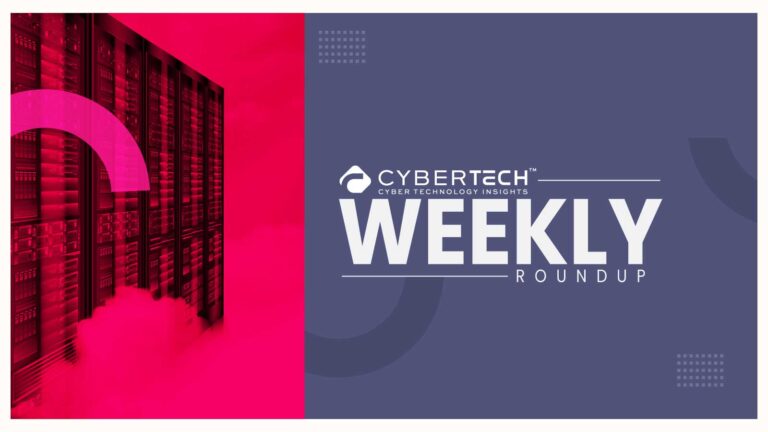LevelBlue, a leading provider of managed network security services, managed detection and response, strategic consulting, and threat intelligence, released its 2024 Futures Reports: Cyber Resilience in Manufacturing and Transportation. The reports depict the struggles each industry experiences with balancing technological innovation among cybersecurity resilience, while facing evolving threats from cybercriminals in the era of dynamic computing.
Cyber Technology News: Onapsis Enhance SAP Security for Market Leadership
“While cyberattacks are on the rise with associated costs climbing, increasing cyber resilience across industries still remains a low priority for business executives”
During a time of accelerated innovation, both reports indicate organizations may not be as opposed to risk as they were before. More than two in three (69%) manufacturing leaders and nearly three in four (73%) transportation respondents confirmed the opportunity of dynamic computing innovation outweighs the corresponding increase in cybersecurity risk. Such trade-offs make cyber resilience nearly impossible to achieve.
Additionally, 71% of manufacturing and 69% of transportation respondents report cyber resilience as the primary responsibility of cybersecurity teams, not an enterprise-wide priority. Respondents highlight that cybersecurity is frequently overlooked in corporate-level decision-making, despite the consequences of cyber attacks leading to significant financial loss and disruption to critical operations. Only 48% of manufacturing and 53% of transportation executives say cybersecurity is included in broader corporate strategy discussions.
“While cyberattacks are on the rise with associated costs climbing, increasing cyber resilience across industries still remains a low priority for business executives,” said Theresa Lanowitz, Chief Evangelist of LevelBlue. “As digital innovation takes center stage, cyber resilience will be crucial to earning and upholding stakeholder trust. For manufacturing and transportation organizations, this means boosting defenses, managing risks, and staying ahead of threats to keep operations running smoothly – despite any cyber disruption. Our research delves into the proactive measures executives can take to effectively balance innovation with risk mitigation.”
Additional key findings from both reports include:
- While organizations may be less opposed to risk, 64% of manufacturing and 69% of transportation respondents remain cautious about artificial intelligence (AI) adoption.
- Digital transformation proves to be an ongoing barrier to cybersecurity resilience for manufacturing (73%) and transportation (70%) organizations, with both industries struggling to find the external guidance they need.
- 66% of manufacturing and transportation respondents believe cybersecurity is an afterthought in their organizations with another 65% of manufacturing and 56% of transportation respondents confirming efforts are often siloed.
- 67% of manufacturing and transportation respondents indicate that cybersecurity resilience initiatives are not sufficiently factored into the organization’s budget. In fact, 78% of manufacturing organizations and 73% of transportation organizations report budgets are reactive rather than proactive.
- The adoption of Cybersecurity-as-a-Service (CSaaS) is on the rise with 35% of manufacturing and 33% of transportation organizations opting to outsource their cybersecurity needs rather than managing them in-house.
Cyber Technology News: Onapsis Enhance SAP Security for Market Leadership
LevelBlue works as a trusted advisor for organizations to achieve cyber resilience. The manufacturing and transportation industry can do so by identifying primary barriers; being secure by design; aligning cyber investment with business; building a support ecosystem; and transforming cybersecurity strategies.
To share your insights, please write to us at news@intentamplify.com
Source – businesswire







